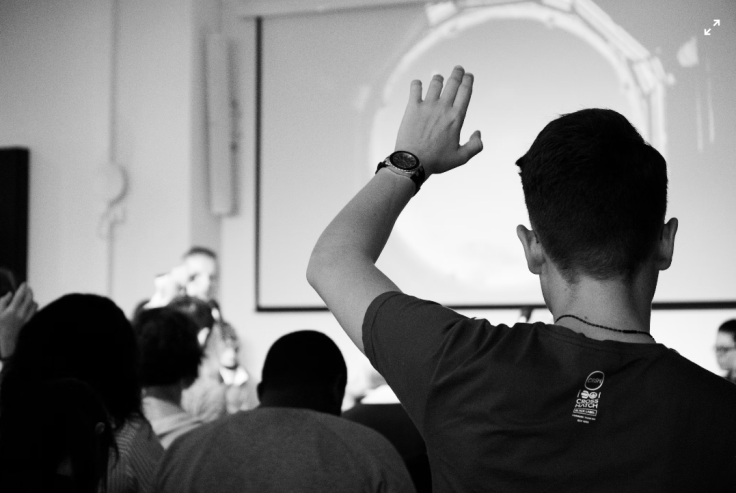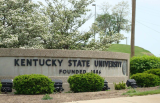Controversy at University of Michigan: Student Vote on Israeli-Palestinian Resolutions Halted Amid Election
ByA three-day student voting period on Israel-Hamas war resolutions at the University of Michigan ended abruptly as administrators canceled the referenda, citing election interference by a pro-Palestinian coalition. The coalition's mass email, considered "unauthorized," violated university policy, prompting concerns about free expression and future considerations for the vote. Tensions between supporters of Israel and Palestine now manifest through canceled ballots, drawing attention and raising questions about the university's response.

Pro-Palestinian Coalition's Mass Email: Unauthorized Campaigning or Free Expression?
The University of Michigan found itself embroiled in the Israel-Hamas conflict, not on the battlefield, but in the realm of student politics. A scheduled three-day voting period on two resolutions related to the conflict was halted prematurely, sparking debates about free expression and the university's handling of campus tensions.
University vice president and general counsel Timothy Lynch announced the cancellation, attributing it to election interference by a pro-Palestinian coalition. The coalition, backing the AR 13-025 resolution, had sent a mass email encouraging students to vote in favor of their stance and against the pro-Israel AR 13-026. The latter resolution sought the university's commitment to ensuring student safety amid the conflict and providing increased mental health support.
Lynch contended that the mass email violated the university's Responsible Use of Information Resources policy, prohibiting the use of university resources for political campaigns. This move sparked varied reactions, with the university's elections commission denouncing it as "overreach." Confusion ensued over the characterization of the email as "unauthorized," as advocates argued that proper procedures were followed.
Campus Tensions Spill Beyond Borders
The incident highlights the complexities of managing tensions between supporters of Israel and Palestine on college campuses. Unlike traditional protests or debates, this conflict unfolded through the ballot box, drawing attention from various stakeholders, including alumni, government officials, and donors.
While pro-Palestinian groups hope for a future special election to revisit the vote, it remains unclear whether the university will entertain the referenda again. The cancelation raises questions about the delicate balance universities face in managing political tensions and fostering an environment that upholds free expression and diverse perspectives.
The University of Michigan's chapter of Hillel, a Jewish campus organization, initially called for the vote's cancellation and an investigation into policy violations. However, a subsequent statement emphasized the stifling of nuanced conversations and dialogue amid the conflict, with concerns about attacks on social media targeting Hillel and the campus's Jewish community.
Will U of Michigan Allow a Revote?
The cancellation has also sparked reactions from external organizations, with some applauding the decision as preventing a vote on what they deemed an "anti-Israel resolution." Others, including the coalition behind the pro-Palestinian resolution, condemned the university's move, expressing deep concern about silencing student voices.
As the University of Michigan grapples with the aftermath of this canceled vote, questions linger about how institutions navigate political tensions, ensure free expression, and address the broader impact of global conflicts on campus discourse. The incident serves as a microcosm of the larger challenges faced by universities in maintaining a balance between diverse perspectives and avoiding the suppression of student voices on contentious issues.
RELATED ARTICLE : US College Campuses Have The Solution To Antisemitism
© 2025 University Herald, All rights reserved. Do not reproduce without permission.








